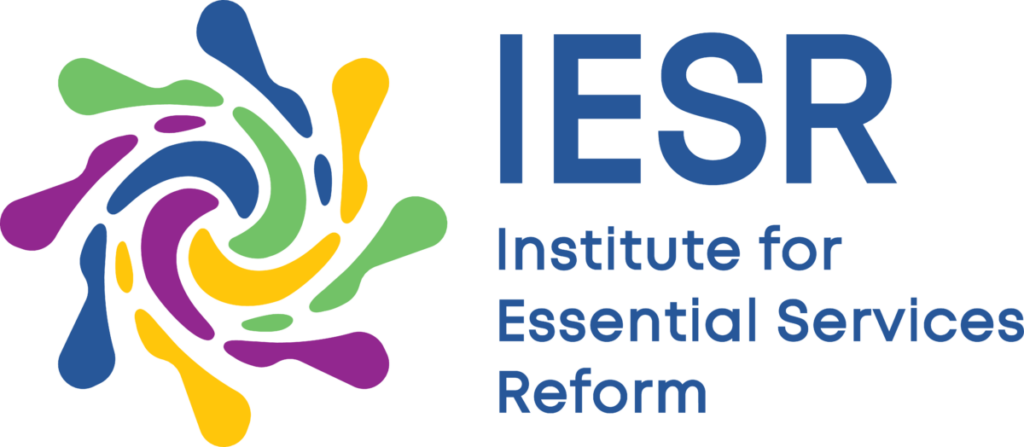Background
Communication is a critical enabler of Southeast Asia’s just and inclusive energy transition. As countries across the region work to shift from fossil fuels to renewable energy, the role of public narratives—shaped through communication—is becoming increasingly central. Narratives influence how societies perceive challenges and solutions, shaping public discourse, political priorities, and market behavior. As noted by Hermwille (2015), narratives embedded in communication efforts help people make sense of complex issues and foster collective understanding and action. Without effective communication strategies, even the most progressive energy policies and innovations risk being misunderstood, contested, or ignored.
Therefore by this intervention, the urgency of a strategic communication approach is especially clear. The region continues to rely heavily on coal and other fossil fuels, despite the growing economic viability and environmental necessity of renewable energy. At the same time, energy transition policies often face resistance due to economic, social, and political considerations. In this context, communication is not just about raising awareness—it is about building trust, shifting mindsets, fostering inclusive dialogue, and inspiring action across a wide range of stakeholders, including policymakers, business leaders, investors, journalists, and the broader public. Effective communication can also help counter misinformation, build support for reform, and strengthen the legitimacy of energy transition pathways.
The Southeast Asia Energy Transition Collaborative Network (SETC) was established as a multi-stakeholder platform of think tanks and civil society organizations dedicated to supporting a cleaner, more equitable energy future in the region. With members in Singapore (2), Malaysia (2), the Philippines (1), Cambodia (1), and Thailand (1), the network brings together diverse policy expertise and on-the-ground knowledge. While SETC partners are well-regarded for their research and policy engagement, there remains a gap in understanding the depth and strategic integration of their communication work, especially in terms of influencing public narratives, amplifying energy justice perspectives, and reaching target audiences beyond policy circles.
Recognizing this need, the Institute for Essential Services Reform (IESR), on behalf of SETC, is commissioning a regional communication assessment. This assessment will review the existing communication capabilities of SETC member organizations, including their tools, strategies, audience engagement methods, media relationships, and digital presence. It will also identify strengths, gaps, and opportunities to strengthen their impact through improved coordination, more consistent messaging, and capacity-building efforts tailored to each partner’s needs. The assessment will further help align the network’s communication strategies with the region’s dynamic policy and media landscapes.
Ultimately, the goal is to enhance the visibility, coherence, and influence of SETC’s collective voice in the regional energy transition discourse. With more strategic and coordinated communication efforts, the network can more effectively advocate for clean energy, promote inclusive transition narratives, and shape policy dialogues at national and regional levels. The findings of this assessment will guide the design of communication support programs and collaborative campaigns, contributing to a stronger, more unified presence for civil society and think tanks in shaping Southeast Asia’s energy future.
Objective
This proposal aims to:
-
- Assess the institutional communication capacity of SETC partners in terms of strategy, staffing, tools, content, audience reach, and influence.
- Identify communication gaps, strengths, and needs specific to energy transition discourse in their national and regional context.
- Provide practical recommendations for capacity enhancement and coordination within SETC to support collective communication goals.
Timeline Proposal :
All bidders are also required to submit administrative bid documents, which can be downloaded via this link (https://s.id/rfpcomssea)
Proposals and all required documents will be accepted until 10:00 p.m. Indonesian Western Standard Time (WIB, GMT+7) on 07 July 2025. Any proposals received after this date and time will be regarded as inadmissible. An expert, official, or company representative who submits the proposal must sign it.
Bidders must submit a digital copy of their proposal and all required documents via email to:
- Marlistya Citraningrum, Sustainable Energy Access Program Manager (citra@iesr.or.id)
- Uliyasi Simanjuntak, Communication Manager (uliyasi@iesr.or.id)
- Agung Marsallindo, Coordinator for Southeast Asia Energy Transition Project (agung@iesr.or.id)
- Turas Nur V., Sustainable Energy Access Program Officer (turas@iesr.or.id)
Please put “RFP Response – Assessment of Communication Capability of Southeast Asia Energy Transition Collaborative Network (SETC) Partners” on Email subject.
RFP-Communication-Consultant-Southeast-Asia-Energy-Transition-Collaborative-Network-SETC.docx-1
Download


